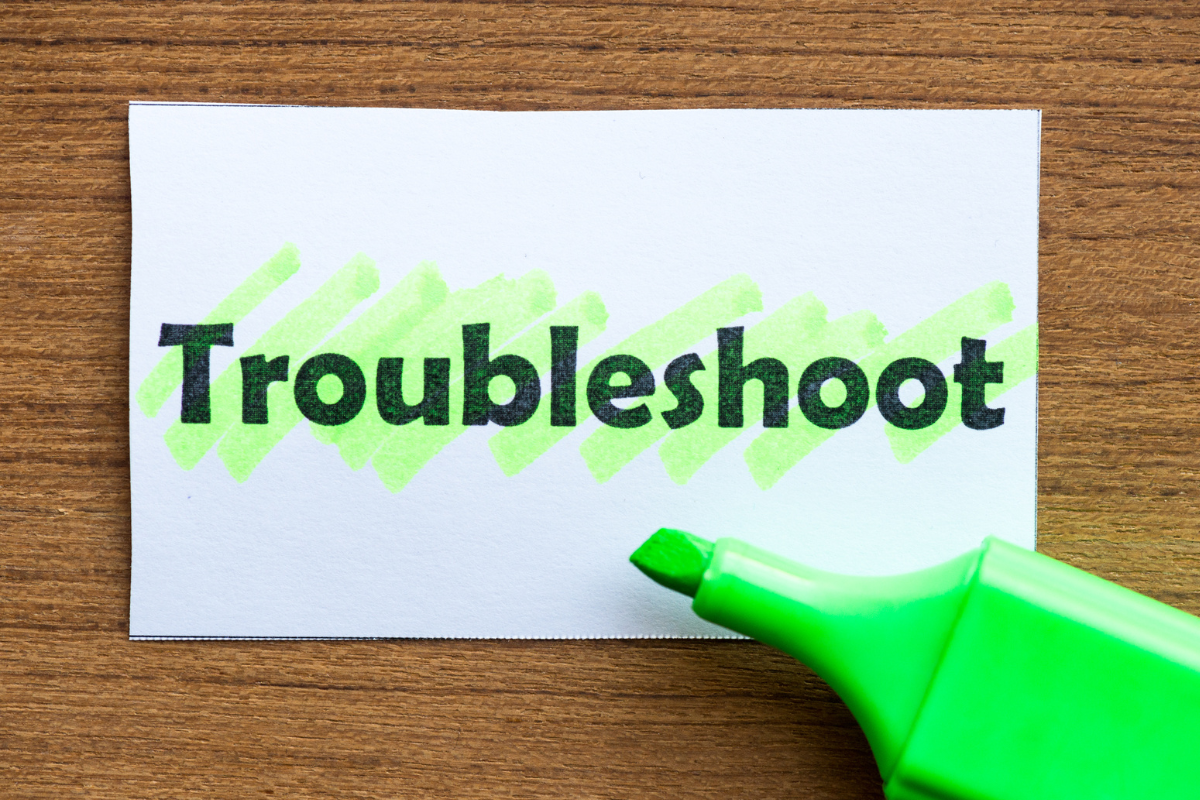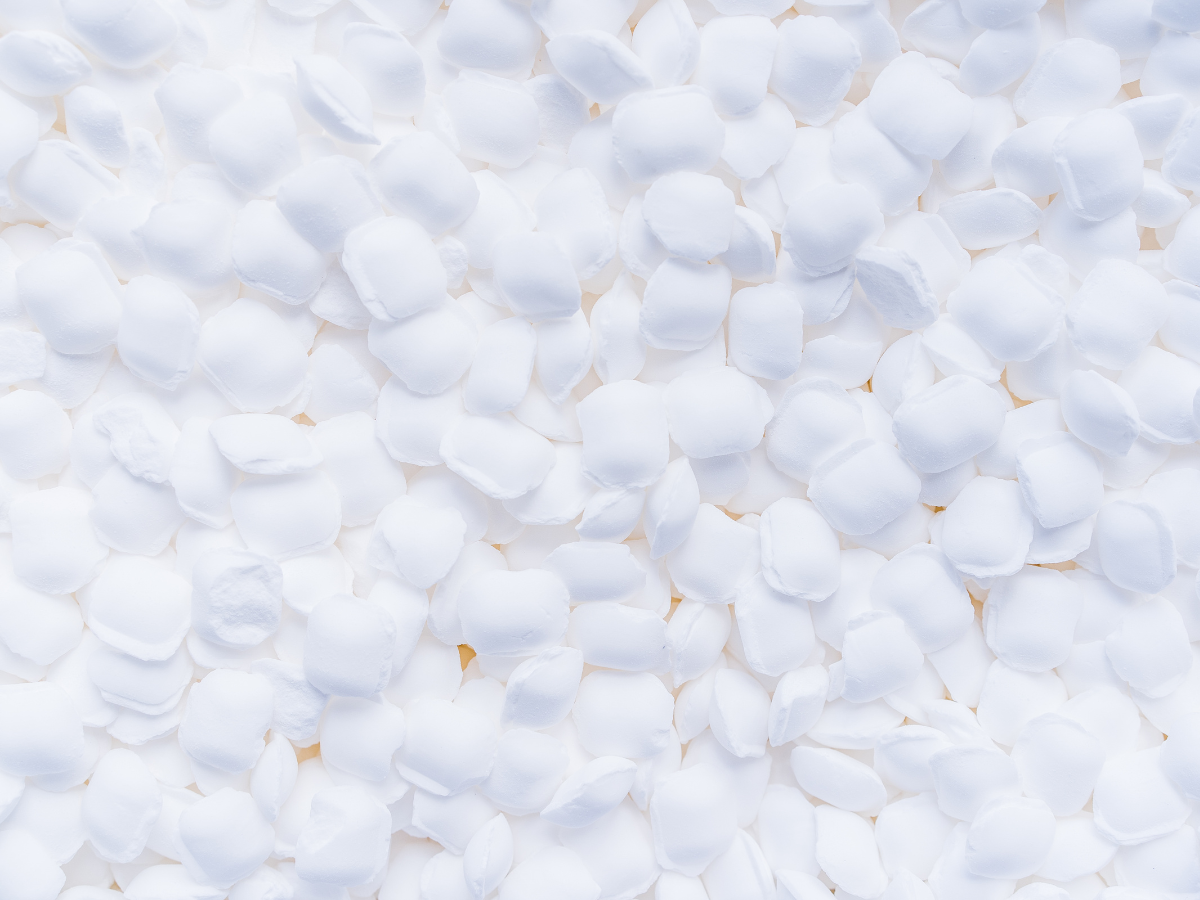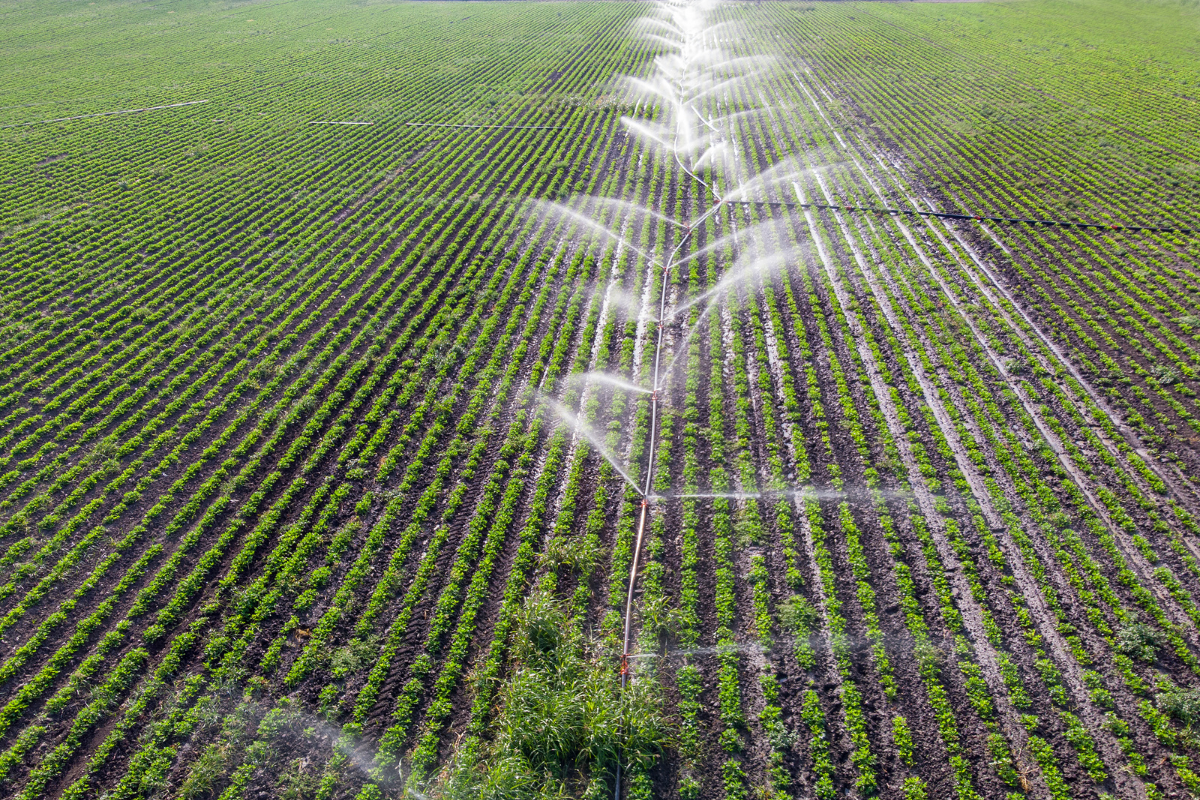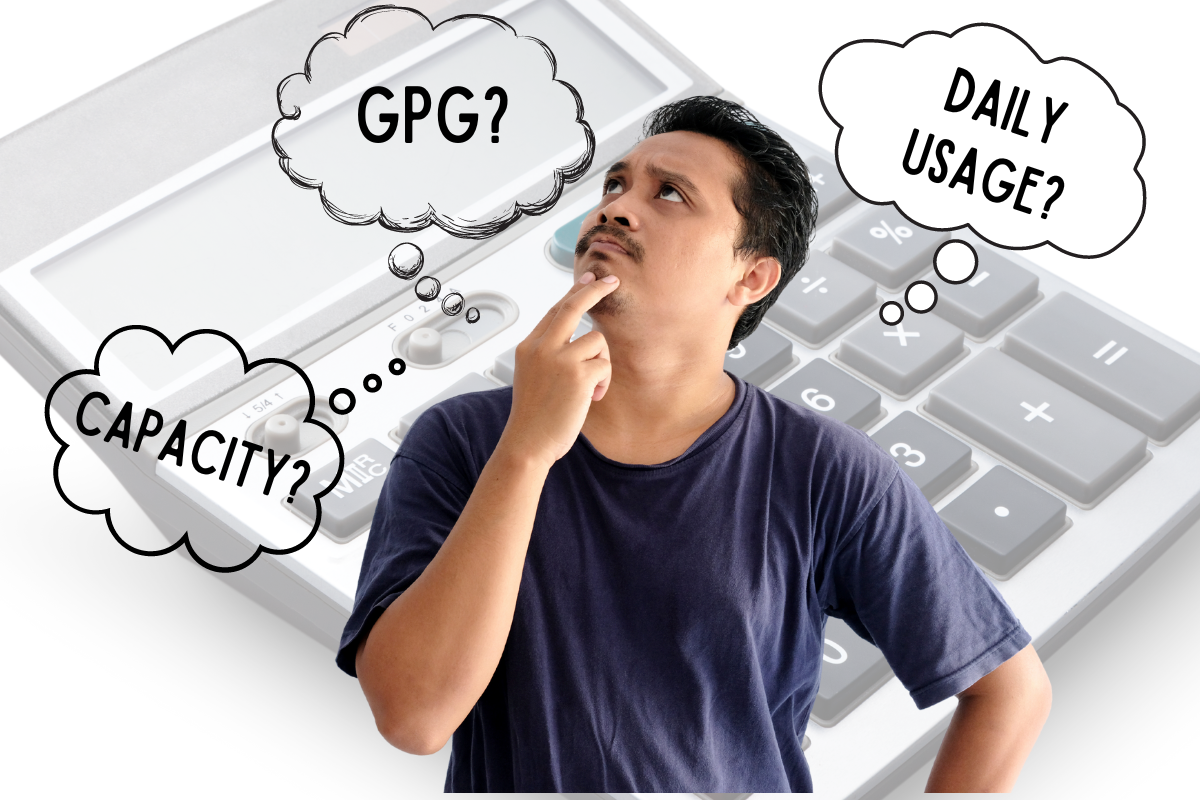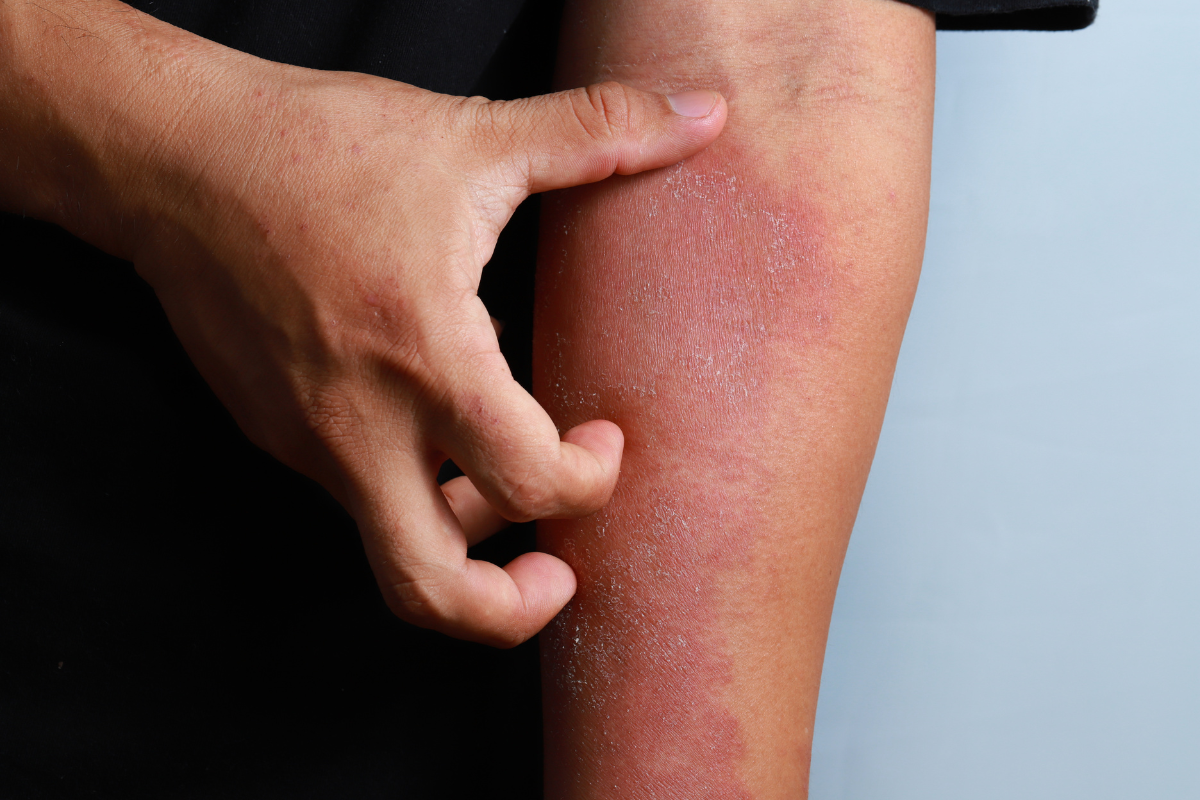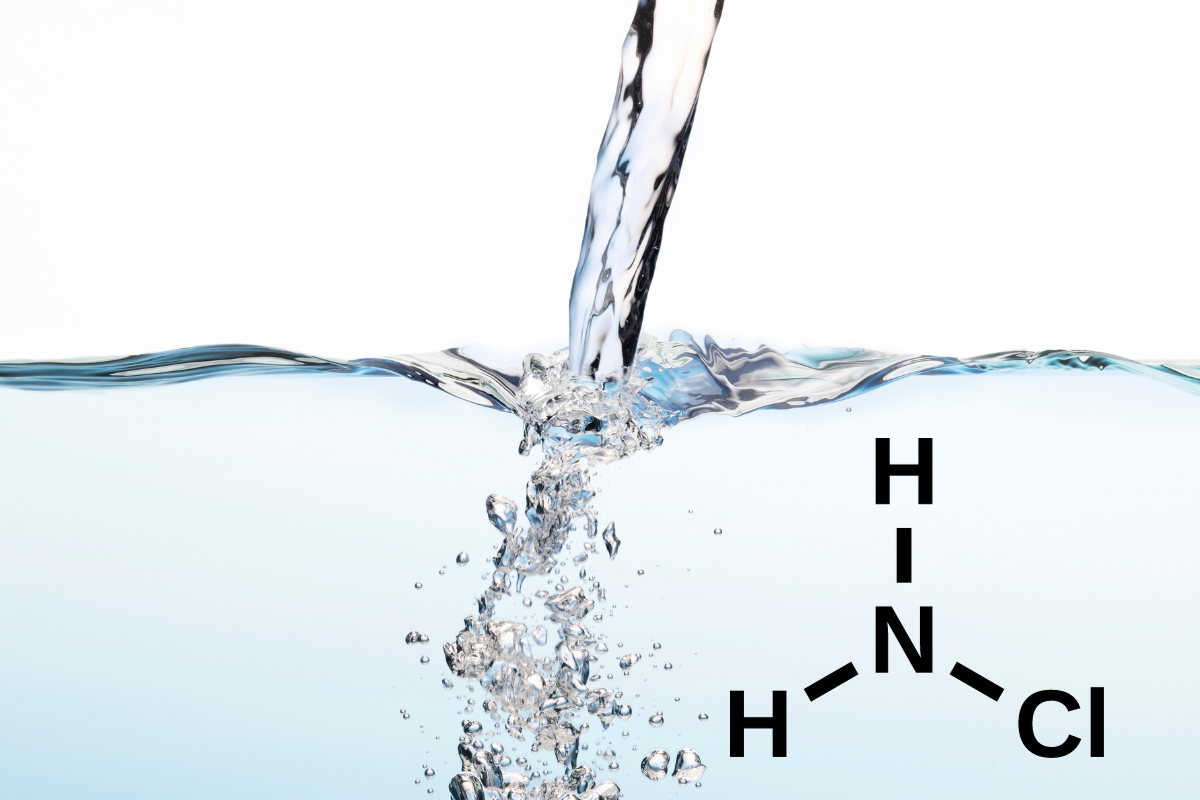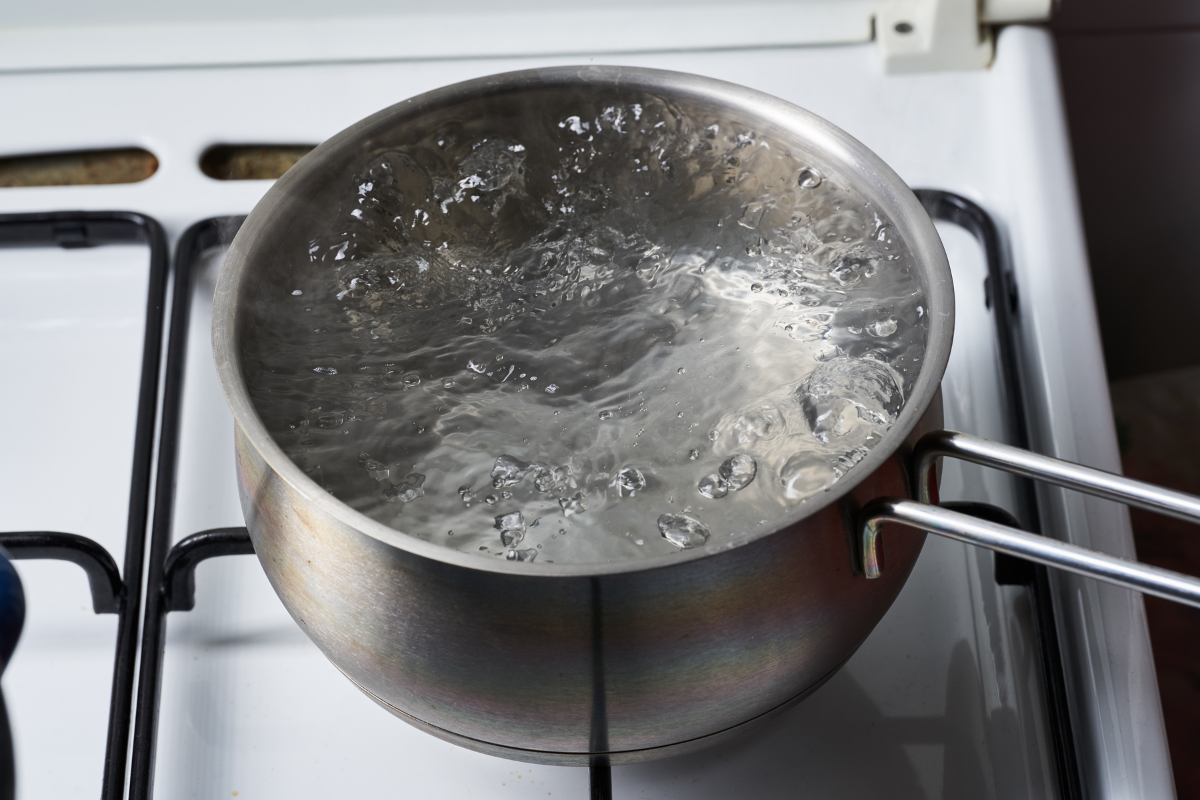The Myth of the Salt Free Water Softener
The Myth of the Salt Free Water Softener
Did you know: there is actually no such thing as a “salt free water softener?” What is marketed as such is actually a water conditioner, not a softener. All water softeners depend on the ion exchange between sodium or potassium salt and the hard minerals found within water, such as calcium. Let’s take a look at the difference between water conditioners and water softeners, and why it is not possible to truly soften water without the presence of sodium or potassium salt. Write about something you know. If you don’t know much about a specific topic that will interest your readers, invite an expert to write about it.

Water Conditioners vs Softeners
Salt free water conditioners are often marketed as an alternative to salt-based water softeners. However, the two systems are not interchangeable. The goal of a water softener is to remove hard minerals, such as calcium and magnesium, in order to prevent limescale and other negative effects of hard water. Water conditioners, on the other hand, do not remove these particles but can prevent them from building up on surfaces.
Water softeners achieve their goal via a process known as ion exchange. An ion is simply a charged atom, and this charge can be negative or positive. Sodium and potassium salt are neutral on their own. When they are dissolved in water, however, they are broken down into their individually charged elements of sodium/potassium and chlorine. Sodium and potassium are positively charged, while chlorine is negatively charged. When the chlorine elements encounter hard water elements like calcium or magnesium (positively charged), they bind to these substances in exchange for the sodium or potassium.
Water conditioners, by contrast, are not one specific kind of system but rather a category of water treatment, ranging from simple filters to more elaborate technology. When we are talking about conditioners as a salt free alternative to water softeners, we are most often talking about something called “nucleation assisted crystallization.” This method builds up magnesium and calcium particles into microscopic crystals at a “nucleation site” on tiny plastic beads. Once the crystals reach a certain size, they are released back into the water line. The crystals become virtually insoluble in water and, therefore, do not adhere to surfaces to form limescale.
Water Conditioners as a Salt Free Water Softener?
Again, salt free water softeners do not actually exist. It is a similar notion to “lye-free soap.” You cannot have soap without lye, and you cannot have soft water without salt. This is because, although salt free water conditioners prevent limescale, they do not ultimately remove magnesium and calcium from the water. This means you will still be dealing with the effects of these hard minerals in other ways, including soap scum, dull clothing, reduced soap lather, and possible skin and hair irritation.
So why would someone want a salt free water “softener” in the first place? Well, in some cases, it may be that an does not allow them in the first place. There has been some concern about the high levels of salt released into waste water when the systems go through their regeneration process. For this reason, certain municipalities have elected to ban water softeners.
Water conditioners may also be seen as more convenient and eco-friendly than softeners, since they require no electricity and do not produce any waste water.
In other cases, homeowners may be dissuaded by the need to purchase and replace salt on a regular basis. Many water professionals will help you mitigate this concern by offering an automatic salt-delivery program. Be sure to ask your professional if their company offers such a program (we do!).
Get Help Choosing a Salt Free Conditioner or Water Softener
Ultimately, you will need to weigh the pros and cons of a water softener vs a water conditioner to decide which is right for your home. An experienced water care professional can help you make this decision based on your local regulations, budget, and personal needs. If you are in the state of Colorado, Paul is your go-to Water Guy for any and all questions related to home filtration, conditioning, and softening. Give him a call today to start the journey toward cleaner, safer water.
